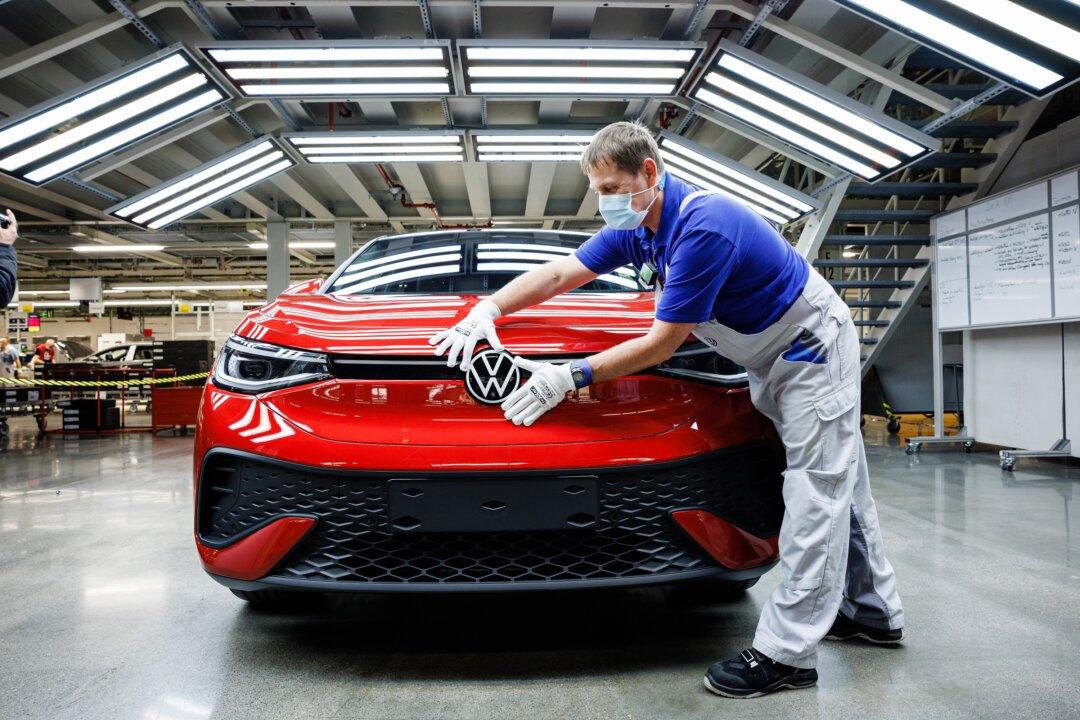The ongoing global semiconductor chip shortage that has plagued the auto industry has forced some carmakers to cut back on safety features in vehicles, according to reports.
The chip shortage, caused by increased demand during the COVID-19 pandemic amid closures and disruptions along with supply chain issues, has been further worsened by skyrocketing inflation, leaving automakers in a tight spot.




